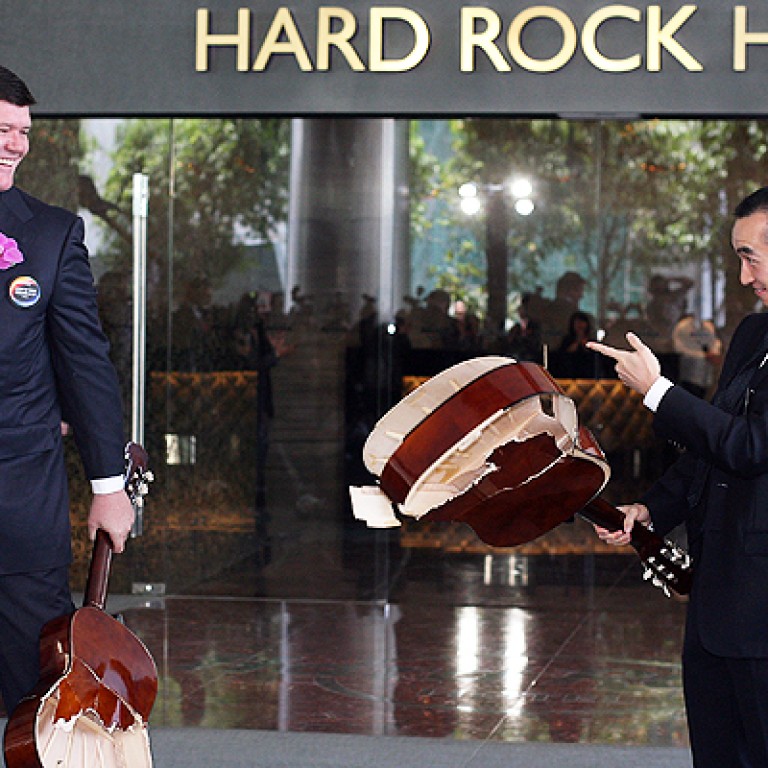
Sri Lanka bets on high-end casinos to boost economy
Colombo approves two ventures, one of which involves Australian gaming tycoon James Packer
Multimillion-dollar casinos planned for Colombo have boosted Sri Lanka's ambitious hopes of becoming Asia's new gambling hot spot, but the projects still face political and religious opposition.
Sri Lanka legalised gambling in November 2010, with the aim of eventually luring cashed-up tourists to the island nation and boosting an economy battered by decades of ethnic war.
The government granted approval to Sri Lanka's John Keells group last week, for an US$850 million "mixed development", a euphemism for an entertainment hub that includes gambling.
The green light was also given last month to the local partner of Australian billionaire and gaming tycoon James Packer for a similar deal to build a US$350 million lakeside resort in the heart of Colombo. Both investments have been given a generous 10-year tax holiday.
"Big names coming to Sri Lanka for mixed developments are a huge boost to the [tourism] industry," said Chandra Mohotti, chairman of the state-run Sri Lanka Institute of Tourism and Hotel Management.
John Keells, the island's biggest diversified group with interests in hotels, has not announced details, but industry officials say it will include a casino with a yet-to-be named foreign partner.
Packer's Crown Group and John Keells are betting on Sri Lanka's post-war economic growth and increasing tourist numbers.
Government officials have stressed that both projects, expected to start before the end of this year, will create thousands of jobs and attract high rollers.
But the main opposition party has baulked at the projects because of the generous tax breaks.
"What we are saying is that if the country is to benefit, they must be taxed and regulated," said United National Party (UNP) lawmaker Harsha de Silva. "We will not jump up and down saying we oppose casinos."
The UNP is pushing for a "sin tax" on casino developments in line with the heavy duties slapped on the alcohol and tobacco industries.
Small, low-key casinos have been tolerated in conservative mainly Buddhist Sri Lanka even before gambling was legalised in 2010, by exploiting various legal loopholes.
The government has been trying to placate the island's influential monks by saying all future big-name casinos will be built in one designated zone in Colombo, and will be open only to foreigners.
Buddhist monk Athuraliye Rathana, a lawmaker and senior leader of the National Heritage Party, warned the government that these and other details set out in the 2010 gambling legislation must be strictly followed.
Mohotti said luring Crown and other brands was crucial to further developing tourism, which is enjoying steady growth after hitting rock bottom during the war between 1972 and 2009.
Tourism income is set to rise from 1 per cent of gross domestic product to 5 per cent in the next three years, according to government forecasts, on the back of a continuing increase in visitor numbers.
